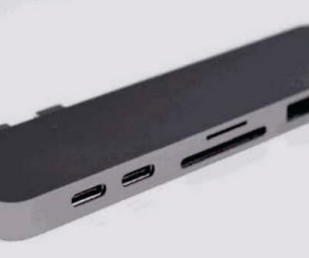Guest Post by Profs. Masur & Ouellette: Public Use Without the Public Using
Patently-O
FEBRUARY 26, 2023
What is it that makes a use “public” for purposes of the public use bar? Does it matter whether the person doing the using is a member of the public, as opposed to the inventor? Or does it matter whether the use is itself in public, as opposed to taking place in secret behind closed doors?












Let's personalize your content